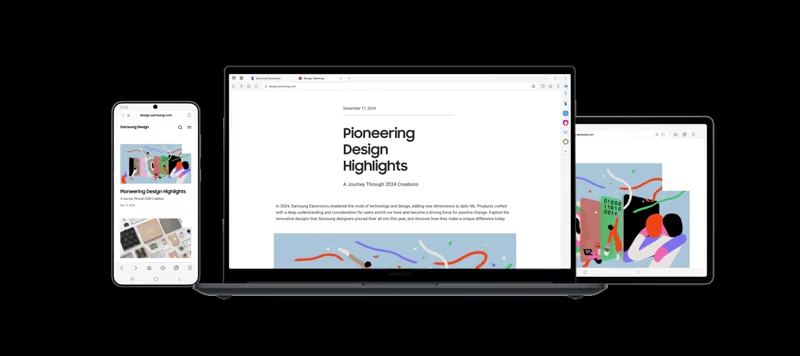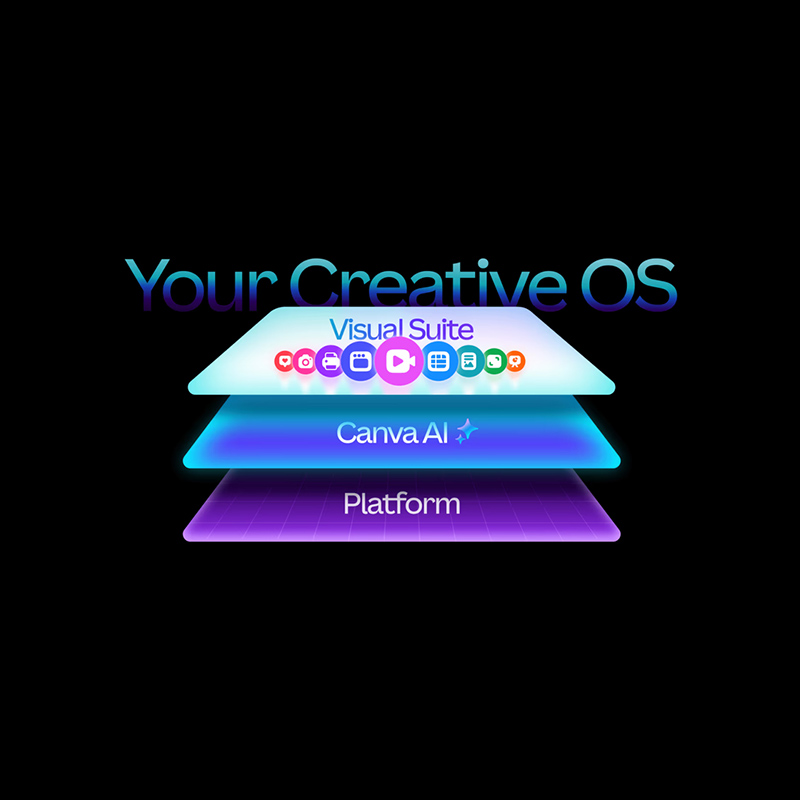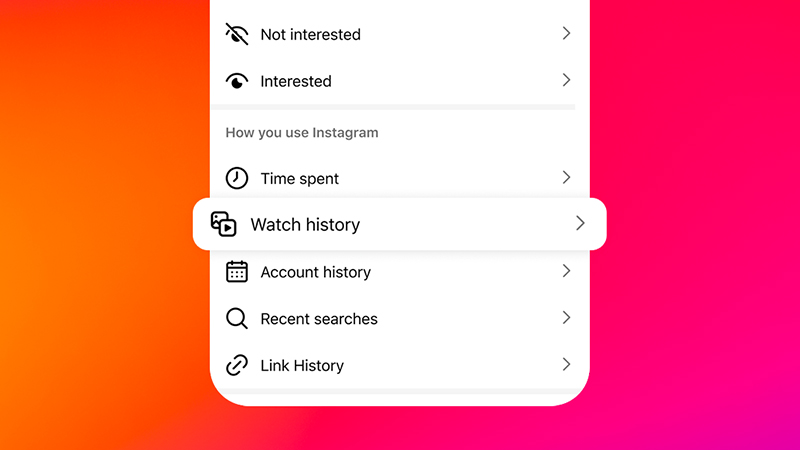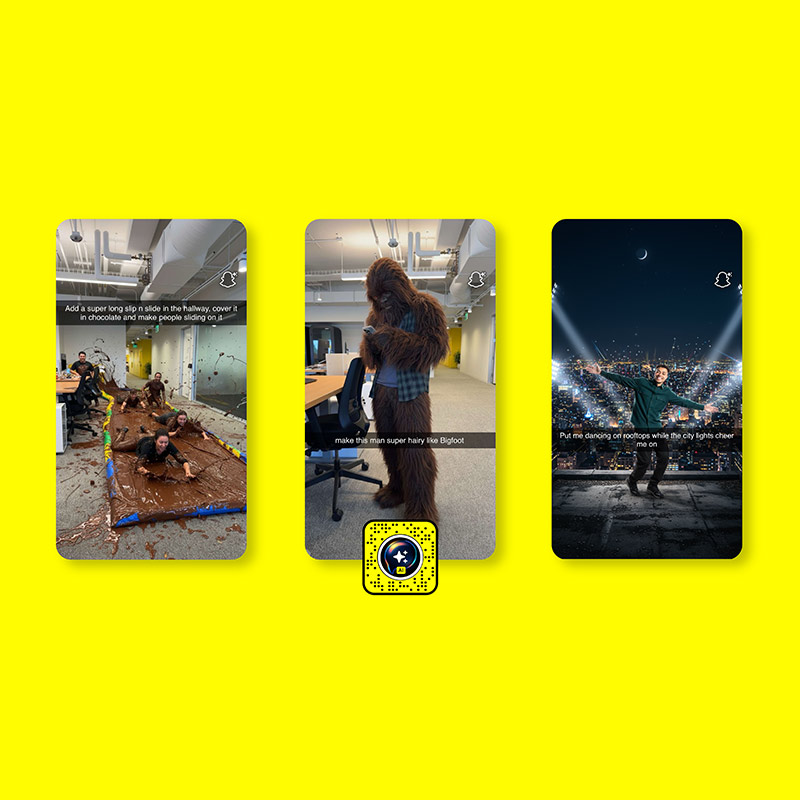Samsung Internet Makes Its First Bold Step Beyond Mobile By Expanding To PC

Even when people are tirelessly scrolling their social media feed, web browsing through web browsers remains the primary gateway to the internet for millions of users.


Even when people are tirelessly scrolling their social media feed, web browsing through web browsers remains the primary gateway to the internet for millions of users.

Canva has come a long way from its early days as a simple online design tool.

The generative-AI industry had been trending at an unprecedented pace.
Google had long reigned as the undisputed titan of the web: master of search, information retrieval, mobile dominance, and early-stage AI.

Once upon a simpler web, searching meant typing a few words and diving into a sea of links. Users clicked, scrolled, skimmed, and somewhere between tabs and patience, their answer lay.

AI is no longer confined to chatbots or specific large language models (LLMs). It's now moving into browsers, the very place where most people live when they’re online.

The world is know witnessing a defining moment in the tech sphere: the large language model (LLM) war.

Social media is a blur of rapid-scrolling, attention-grabbing posts. There, every swipe a chance to miss something meaningful.

The large language model (LLM) war intensifies as tech companies not only race towards making smarter AIs, but also putting them in more places.

In the ever-evolving world of AI, where large language models (LLMs) have put generated images, text and chatbots into everyday conversation, Snapchat is staking its claim.